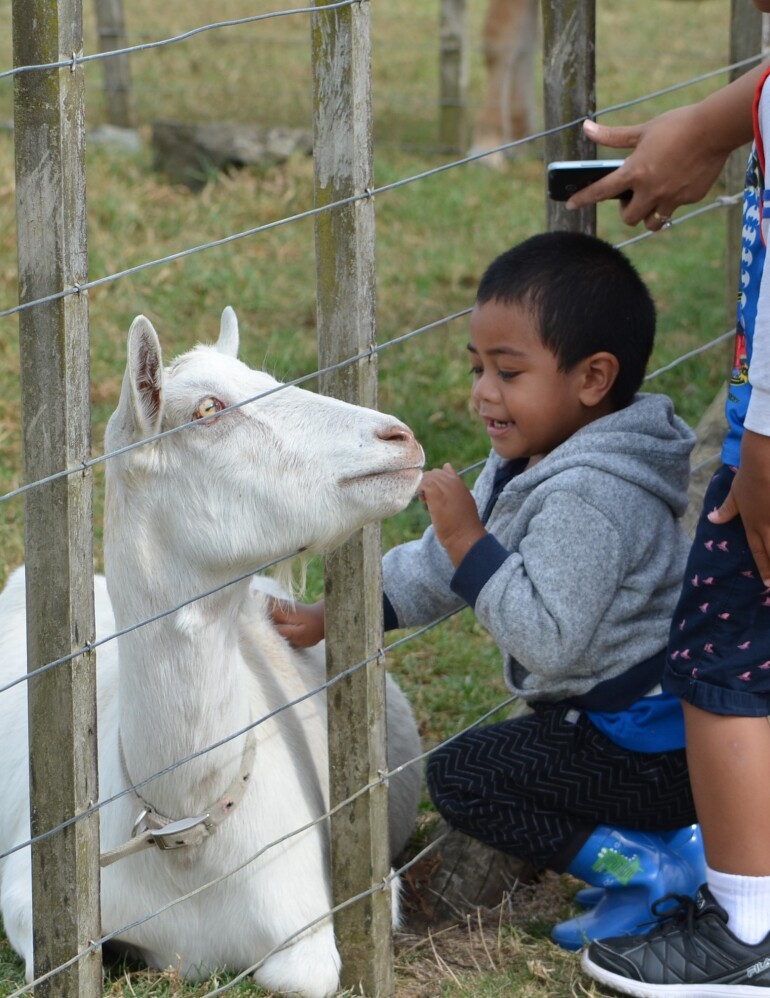News And Events

Learning About Emotions
27 January 2020Young children may feel stress as a result of fear and other unpleasant emotional experiences. When this happens too often, it can have a negative effect on a child’s brain development. A child’s stress can also result in a range of behaviours that upset and challenge adults. As children may begin to experience fears that haven’t been evident before, you may struggle with this new stage. It is hard to understand why a child is suddenly afraid of something that didn’t use to trouble them.
Fears and concerns can be prompted by a child’s developing memory skills, which mean they are now more able to recall past events or experiences. Their increasing intellectual awareness and ability to understand more of what is said, both to them directly and around them, can also lead to fear.
A child may also experience fear of the ‘unknown’ as they don’t yet understand many of the things in their world
How you can help?
Provide reassurance when a child is upset. Stay calm until they have returned to a calm state themselves.
Repair any ‘rupture’ when you have been dealing with anger and upset feelings. This process of ‘kissing and making up’ after an emotional upset helps a child to build resilience. Resilience is a protective factor which helps a child to face and deal with emotional challenges in the future.
Understand it’s normal for children to find some things frightening or concerning; this can include dogs, the dark, water going down the plughole, new situations, new people, going to the doctor, or having a haircut.
Avoid telling the child they are being silly and acknowledge that their concerns are real for them.
Educators can support children through a situation that frightens them, then talk about it afterwards, explaining the scary thing in simple terms.
Sometimes it can help if a child gets to ‘pretend play’ a scary situation. Having a rehearsal before the real thing gives children a chance to think about or practise how they might deal with it. Of course, sometimes the pretend situation may not work, so Educators still need to pay attention to how a child reacts in stressful situations.
Talking it over ‘after the event’, when children aren’t feeling so anxious, is far more effective in helping them understand their fears and concerns than talking about it during the event — just as it is for adults.
You can read more about understanding children’s emotions on https://parentingresource.co.nz/


